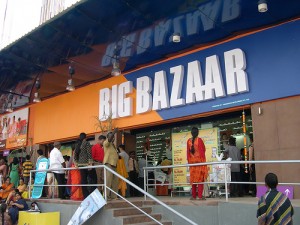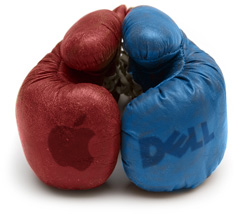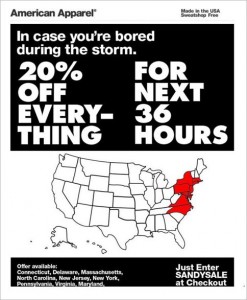This post in reply to Ben Lawson’s post about the success of the Seattle Mariners advertisement campaigns. Ben’s post can be found here:
While I thought Ben made some very convincing points I feel that he may have overestimated the effectiveness that there ads will be able to achieve. I feel that when it comes to a sports franchise, promotion does not hold a large amount of power in bringing in customers. I feel that it may be these least significant factor in the marketing mix. A sports team will receive promotion daily through replays and highlights that the fans and potential fans are already inclined to watch. I feel that due to the fact that it is a relatively expensive activity for someone to indulge in, funny as campaigns are not enough to generate popularity.
I feel that more importantly consumers are roped in by the product. As Ben spoke about, the Mariners recently signed star player, Robinson Cano. This is an improvement of their product and I believe that is what draws fans in to watch games. Price as well, is significant as sports fans come from all different financial demographics and thus, there is a large part of their consumer base that is price sensitive. Change in cost of tickets and services surrounding the game can have a large effect on sales. Place may not have the same influence as the previous two variables, as games are not usually a convenience service. However, having the stadium in the middle of the city does make it more enticing to potential buyers.
To restate what I have said, if the Mariners are looking to boost sales use the years and years of evidence that show an improvement in the product results in a large increase in fan support.












